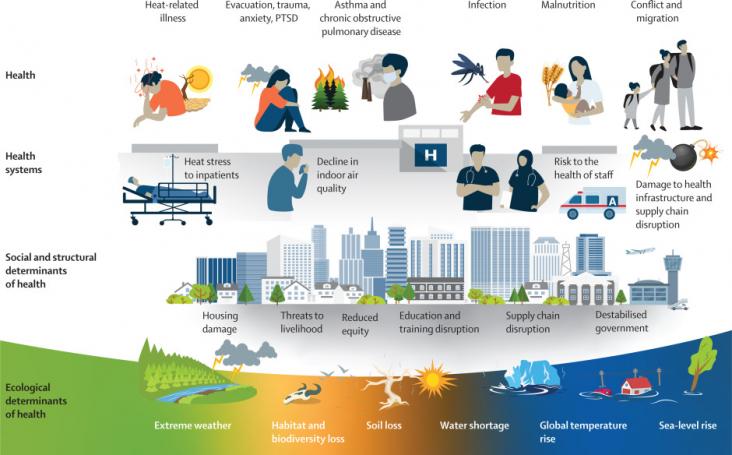The survey presented here was conducted to better understand public perceptions of climate change, human impacts and the value and management of marine and coastal ecosystems.
Instresting paper on Mediterranean river microplastic pollution
This article supports SDGs 7 and 13 by achieving the efficient CO2 capture via connecting a packed bubble column (S-PBC) contactor in series, combined with machine learning and multi-objective optimization based on Enhanced Weathering (EW) technology.
This article advances SDG # 13, 1 and 11 by identifying ways to meet the dual objectives of poverty eradication and staying within the biophysical safe operating space of the climate via integrated policy packages supporting strong economic development, ambitious educational attendance, sustainable dietary choices, low fossil fuel consumption and energy demand, and lower fertilizer consumption.
This paper synthesized current knowledge of mesoscale eddies and their impacts on the marine ecosystem across the North Pacific and its marginal Seas, across the CCS region , the northeastern North Pacific and the Bering Sea, the western boundary of the North Pacific and marginal seas, and the extratropical open North Pacific. How climate change will modify mesoscale processes remains a key open challenge.

This Personal View supports SDGs 3 and 13 by developing a framework to maximise the influence of the health community on decarbonisation and identifying practical approaches by which to implement this framework.
This Comment article supports SDGs 3 and 13 by highlighting the need for more global-level studies across different climate zones to determine the true nature of the association between temperature and Shigella infection, particularly in the context of extreme heat and heat waves induced by climate change.
This One Earth Research Article shows how climate change combined with land use change has contributed to greater air pollution, particularly through an increase in fires, in Indonesia. The results emphasize that climate action (SDG 13) is critical for respiratory health (SDG 3).
Collective intelligence can be a valuable technique to engage multiple stakeholders in sharing and gathering data, and to facilitate the modeling of the health impacts of salinity.
This article supports SDG 13 and 15 by showing that fulfillment of the global climate pledges would result in increased forest land on the Tibetan Plateau
